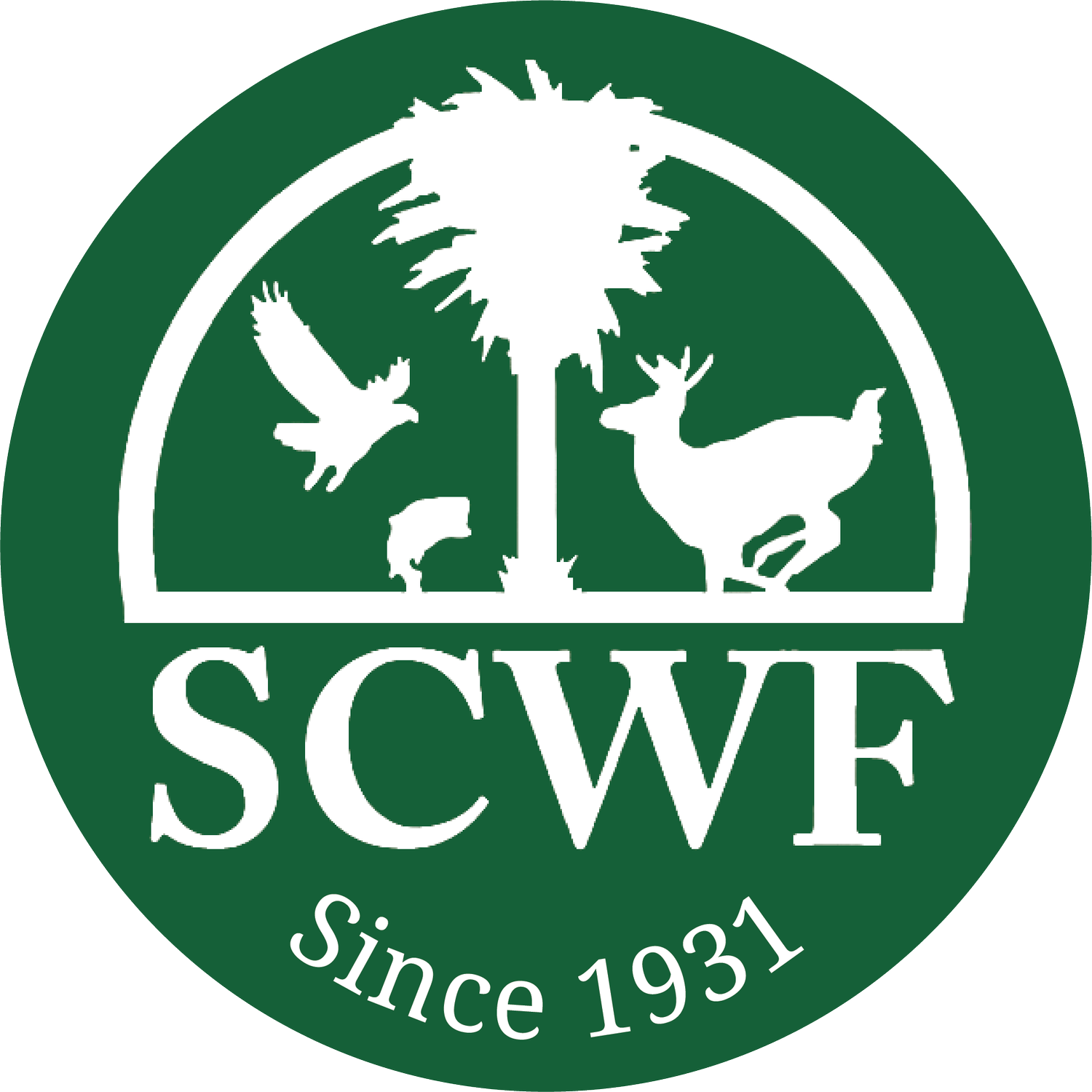Ladybug on flowering dogwood by Janie Sigmon
Why Native?
Native plants have formed symbiotic relationships with native wildlife over thousands of years, and therefore offer the most sustainable habitat. A plant is considered native if it has occurred naturally in a particular region, ecosystem, or habitat without human introduction. Exotic plants that evolved in other parts of the world or were cultivated by humans into forms that don’t exist in nature do not support wildlife as well as native plants. Occasionally, they can even escape into the wild and become invasive exotics that destroy natural habitat. Native plants help the environment the most when planted in places that match their growing requirements. They will thrive in the soils, moisture and weather of your region. That means less supplemental watering, which can be wasteful, and pest problems that require toxic chemicals. Native plants also assist in managing rain water runoff and maintain healthy soil as their root systems are deep and keep soil from being compacted. Discovering the native plants where you live can also define a unique sense of place and heritage for your garden habitat while preserving the natural history of the flora and fauna of your region.
Native Plant Resources
Gardening for Wildlife - Apply to have your yard nationally certified!
Be aware of Neonicotinoids! Learn more here...(and below!)
Highlighted Native Plant: Goldenrod (solidago spp.) - SC's State Wildflower!
Where to find Native Plants?
Blue Oak Horticulture - 198 Fews Bridge Road, Taylors, SC 29687 Carolina Wild - 314 Camellia Dr., Anderson, SC 29625
Wildside Gardens - SC Foothills
Southern Heritage Nursery, 2556 Old Tiger Bridge Rd., Greer
Griff's Greenhouse and Nursery - 234 Bill Sweatt Rd, Lancaster, SC 29720
Woodlanders, Inc. - 1128 Colleton Avenue, Aiken, SC 29801
Nurseries Caroliniana - 143 Mims Grove Church Road, N. Augusta, SC 29841
Taylor Nursery (SC Forestry Commission) - 53 Girl Scout Camp Rd., Trenton, SC 29847
Wingard’s Market - 1403 N. Lake Drive, Lexington, SC 29072 Seven Oaks Plant Shop - 4522 St Andrews Rd, Columbia, SC 29210
Mill Creek Greenhouses - 2324 Leesburg Rd., Columbia, SC 29209
Roots and Shoots Nursery - 843.633.1429 - Charleston, SC 29407
NATURESCAPES - 8 Sherman Drive Beaufort, SC 29907
Ernst Conservation Seeds and Roundstone Native Seed Company are great sources for bulk seeds for wildlife food plots, pollinator meadows, etc.
Know of other sources? Let us know and we can add them to the list! Email Savannah Jordan and give her the nursery's contact information.
Get native plants shipped straight to your door!
Neonicotinoids: What gardeners should know:
Many gardeners buy pollinator-friendly plants for their home gardens to help bees, butterflies, moths and other pollinators thrive, but people may inadvertently be attracting these valuable insects to flowers contaminated with bee-killing pesticides. Bees and other pollinators are essential to food production and account for every one in three bites of food we eat. Around the world, scientific and advocacy communities are concerned about neonicotinoid insecticides (a.k.a. neonics) and their negative impact on the biology of bees and other pollinators. Chemically related to nicotine, they act as powerful insect neurotoxins. Although aimed at pests like aphids, beetles, white flies, neonics have been shown to affect pollinators. Because they are systemic chemicals absorbed into the plant, neonicotinoids can be present in pollen and nectar, making them toxic to pollinators that feed on them.
The potentially long-lasting presence of neonicotinoids in plants, although useful from a pest management standpoint, makes it possible for these chemicals to harm pollinators even when the initial application is made weeks before the bloom period. In addition, depending on the compound, rate, and method of application, neonicotinoids can persist in the soil and be continually taken in by plants for a very long periods of time, or runoff in the water. Neonicotinoid residues found in pollen and nectar are consumed by flower-visiting insects such as bees. Residue concentrations can reach levels that cause sublethal effects through a variety of application methods, including use of coated seed, and in some situations can reach lethal levels within plants for months to years.
The best way for home gardeners to know whether ornamental plants they purchase at retail garden centers or big box stores have been treated with neonicotinoids is to ask the staff or look at the plant labels. Consider buying locally-grown (preferably native) plants where the seller knows the source and can answer questions. Many large retailers have made commitments to phase out bee-killing pesticides over the next few years due to pressure from consumers and conservation groups. The full effects of exposure to this persistent group of chemicals on honey bees and other insects are unknown. In the meantime it is safest not to buy native plants or any other plants treated with these chemicals.
Please note GFW, Inc. provides financial support to our mission.


